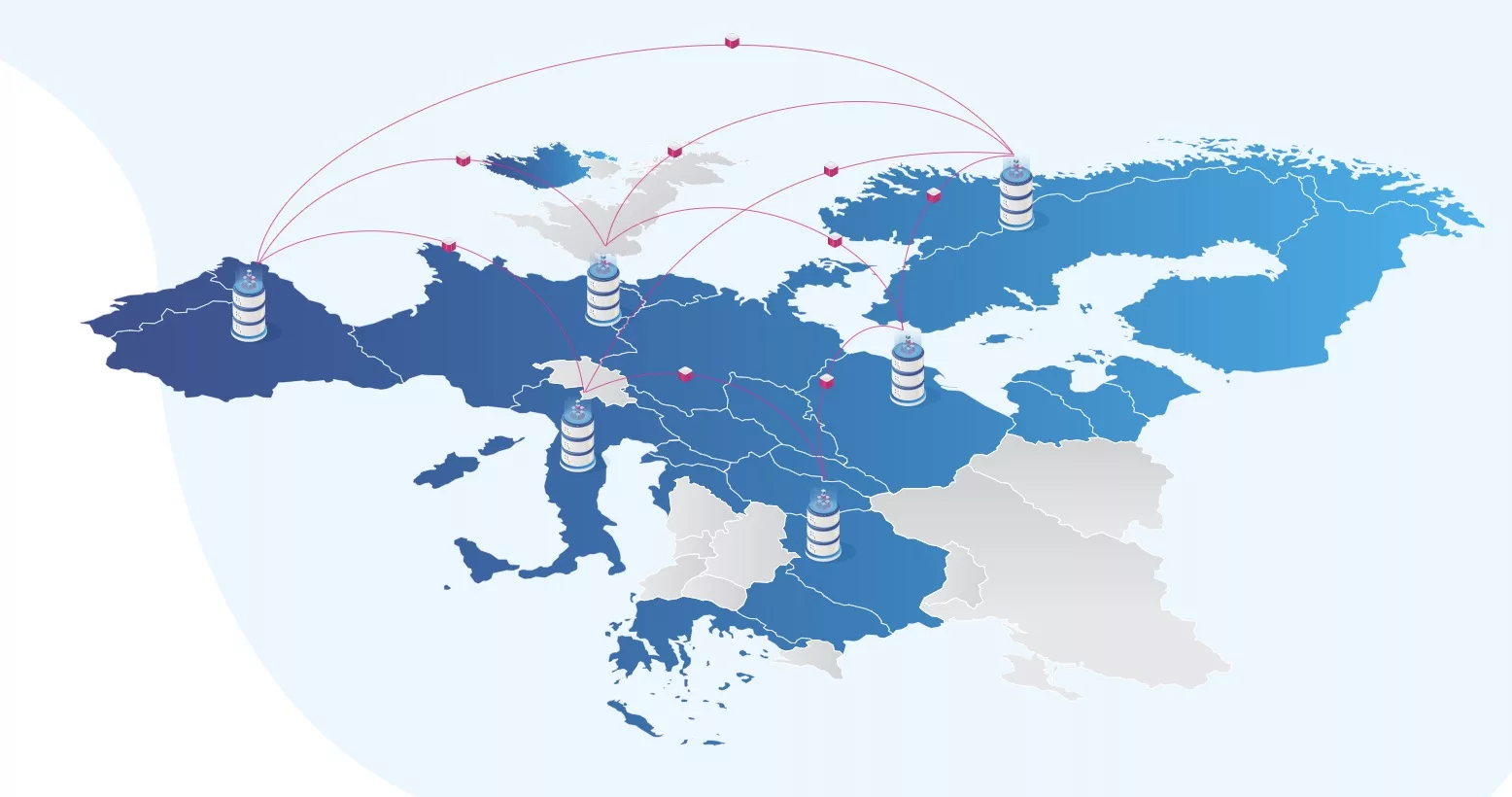Made in emerging Europe: Roofit.Solar, Lithuanian fintech

Emerging Europe’s tech and innovation scene is booming: new money and new ideas are hitting the market all the time. To keep you updated with the latest investments, innovations, events and accelerators, every week Emerging Europe gives you an overview of the region’s technology, investment and start-up news.
Estonia’s Roofit.Solar raises 6.45 million euros
Tallinn-based Roofit.Solar raised 6.45 million euros last week in a funding round led by BayWa re Energy Ventures and EdgeCap Partners.
In addition to increasing production capacity for building-integrated solar roofs, the company says part of the round will be used to accelerate expansion plans outside its home markets of Germany, Sweden and Estonia.
Roofit.Solar designs and manufactures solar roofs that aim to blend design with cutting-edge solar energy technology. The fully building integrated (BIPV) solar roofs withstand extreme weather conditions, provide reduced total construction costs with 2-in-1 installation, and do not compromise on style.
The roofs can also be installed on historic buildings, making solar energy possible for all buildings and removing any barriers to joining the solar movement.
Says Andres Anijalg, CEO and co-founder of Roofit.Solar: “With the support of our strong investor base, we continue our mission: to offer homeowners elegant metal solar roofs as an alternative to traditional solar panels. Furthermore, we strive to be the best choice for the traditional roofing industry looking to transition to solar.”
Since its foundation in 2016, the firm has raised a total of 17 million euros in various equity funding rounds and a further two million euros in grant funding.
Lithuanian fintech sector is still good

The fintech sector remains strong in Lithuania, defying a global investment slowdown, according to a new review of its performance in 2022.
The Fintech Landscape in Lithuania 2022-23 Report from Invest Lithuania notes an 80 percent increase in revenues generated from all licensed Lithuanian fintechs’ banking activities in the first half of 2022 compared to the same period in 2021, reaching EUR 375 million. This was up 26 times compared to the first half of 2018, with the top ten fintechs seeing an increase in revenue of more than 100 percent.
The year also saw one of Lithuania’s largest Series A rounds ever – kevin., which raised €61.6 million. In addition, the report reveals that 263 fintech companies are now domiciled in Lithuania and employ 7,000 people – an increase of 19 percent compared to 2021.
Elijus Čivilis, Managing Director of Invest Lithuania, says: “While global investment in fintech fell by almost a third in 2022, the Lithuanian fintech sector remained resilient. Put that together with an 80 percent increase in overall banking income, and you have a picture of robust health and solid fundamentals. One of the main strengths of Lithuanian fintech is the close-knit and vibrant community, which is furthered by the Vilnius TechFusion initiative.”
Vilnius is the fastest growing city in CEE and the center of the Lithuanian Fintech sector. Along with other tech industry sectors, the Vilnius TechFusion startup ecosystem grew 16 times over the past five years, to a total enterprise value of eight billion euros.
The Lithuanian government and regulators have played an important role in creating and then supporting an environment for growth, according to the report.
Its proactive approach has made Lithuania the largest fintech hub in the EU with licenses issued, as well as one of the lowest risk jurisdictions globally. According to the Basel AML index, Lithuania is the eighth most compliant country in terms of protection against money laundering and terrorist financing.
In addition, the Ministry of Finance is close to finalizing its National Fintech Guidelines for 2023-2028, which will set the strategic direction for the sector’s growth over the next five years. The government has also dedicated €80 million to a comprehensive three-year national training and reskilling programme, which will help develop in-demand skills, including those related to fintech and IT.
Top photo: Roofit.Solar
Unlike many news and information platforms, Emerging Europe is free to read, and always will be. There is no paywall here. We are independent, not affiliated with or representing any political party or business organisation. We want the very best for emerging Europe, nothing more and nothing less. Your support will help us continue to spread the word about this wonderful region.
You can contribute here. Thank you.

























